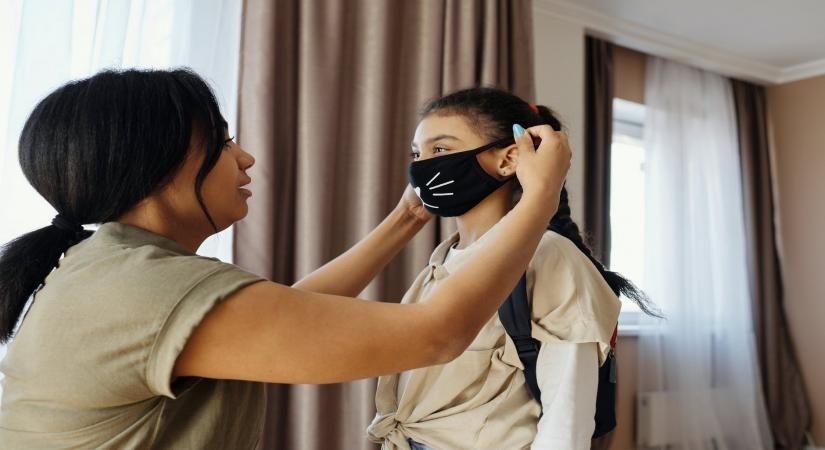The Variant B.1.617.2, otherwise known as the Delta variant, is currently being regarded as a matter of concern. Especially, in the recent time when it is being discussed that the third wave would affect kids, we should clearly know how dangerous is the Delta variant for the kids. Here are some important points in this context:
How vulnerable are kids to Delta variant
Alike adults, children are also vulnerable to the SARs-COV-2 virus. During the second wave of COVID-19 in India, a high rise in the number of COVID cases was observed. The cases involved both adults and kids.
Not just in the nation but also globally a surge in the number of cases regarding children testing positive for the Delta variant was reported. Almost 94,000 child COVID-19 cases were reported in a week in US, as reported by the American Academy of Pediatrics (AAP).
This shows how children are also as susceptible to the new virus strains and mutations as adults are.
Delta variant symptoms to look for in Kids
The symptoms for the Covid-19 variant we knew of so far used to go from mild to moderate infections and in some cases even triggered severe illnesses.
However, Yale Medicine claims that the Delta variant symptoms might be slightly different. Cough and loss of smell are less common with this variant but headache, sore throat, runny nose, and fever are some of the most common symptoms reported in Delta variant cases.
In kids, on the other hand, an increase in the number of multisystem inflammatory syndrome cases in children (MIS-C) has remained concerning for parents all around the world.
For kids, the symptoms may include headache, joint pain, nausea and vomiting, abdominal pain, rash, chest pain, or fatigue.
Delta Variant is highly contagious and more concerning
The Delta variant is highly contagious, and the risk doubles in comparison to the previous variants. Patients infected with this variant are more likely to be hospitalized than patients infected with the Alpha or the original virus strains.
However, the greatest risk of transmission is among unvaccinated people, which includes kids, who are much more likely to contact and therefore transmit the virus.




 Ms Kalinga
Ms Kalinga